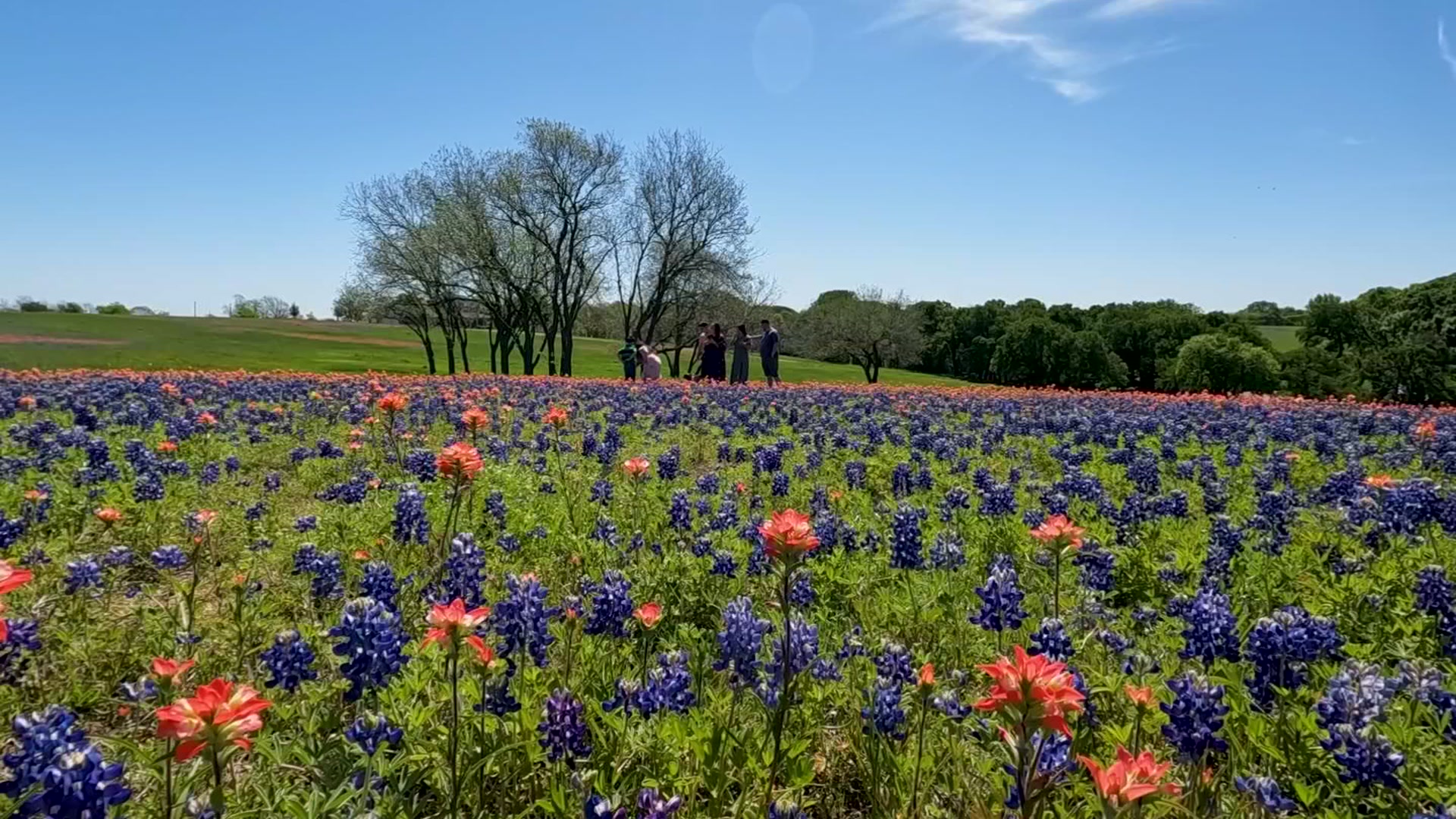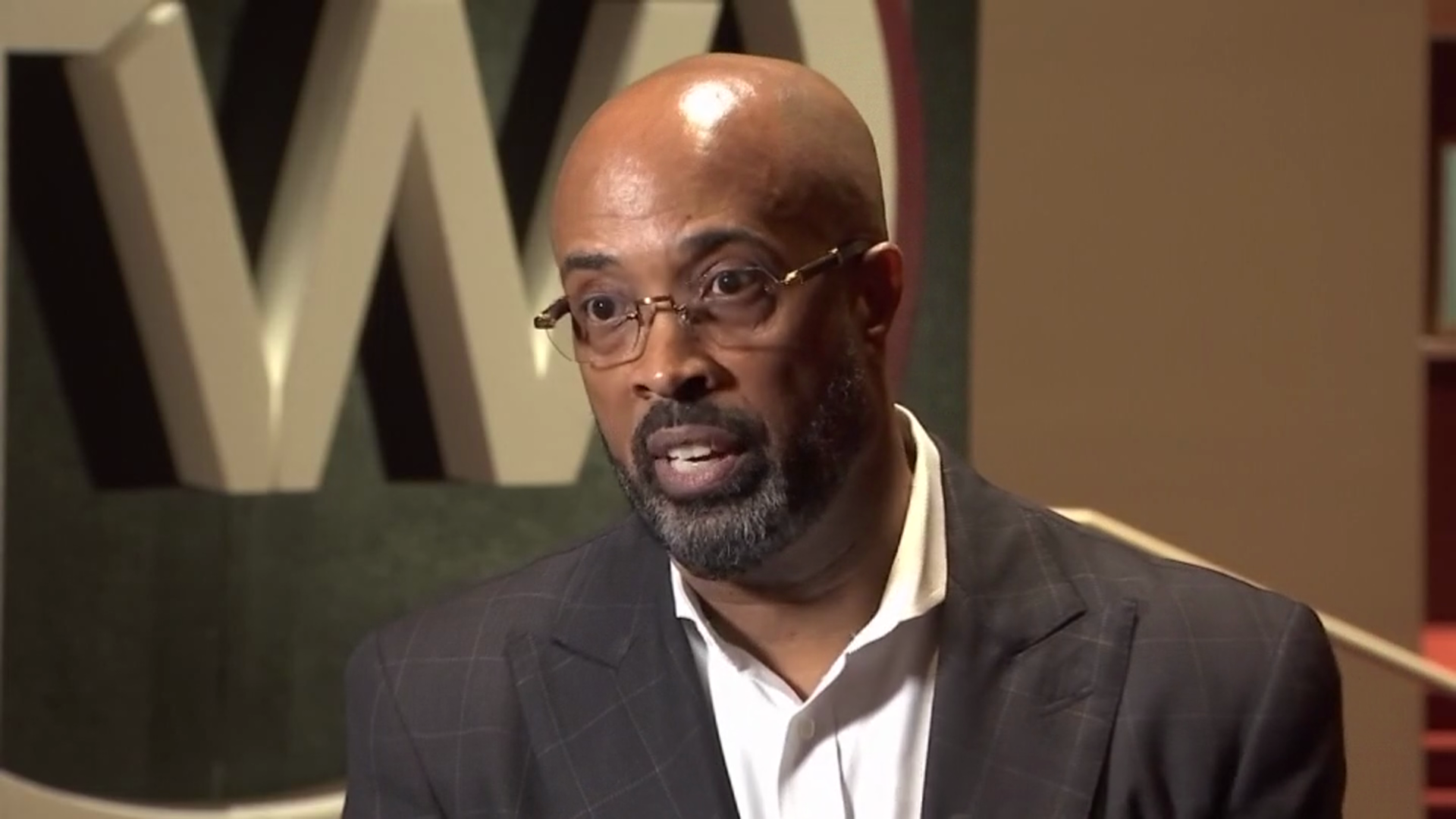With the first heat wave of the year in North Texas, one Dallas researcher has tips for dealing with the heat.
Dr. Craig Crandall, Ph.D, is the director of the Thermal and Vascular Physiology Laboratory at the Institute for Exercise and Environmental Medicine, a collaboration between Texas Health Presbyterian Hospital Dallas and UT Southwestern Medical Center.
While most people find the breeze of a fan the answer to their overheating, Crandall and his research team have found that's not always the case for the elderly.
Their core body temperature actually increased with the use of fans because a fan tends to move warm air around and not reduce body temperature. Older people don't sweat as much as younger people.
This applies to extreme conditions, 98 degrees and warmer.
Crandall said effective ways to brings body temperature down in these situations can be putting on a damp shirt, lacing a wet towel on the forehead or any exposed skin or, if you're using a fan, misting the air with water.
For everyone else, acclimation is the key to beating the heat.
Local
The latest news from around North Texas.
Crandall said the key is not to avoid the heat, rather people should go outside in small spurts and get their bodies accustomed to the higher temperatures.
That way, as the summer wears on, you can actually spend time outside, exercise and enjoy it.
Crandall said anyone spending prolonged time outside should drink water, but you are going for a brief jog, 30-minute bike ride or brisk 45-minute walk, the best way to cool your body is to douse yourself with the water instead of drinking it.
That causes evaporation, which is the way our skin cools itself, which helps keep our core body temperature at healthy levels. Sweating means your body's heat-regulation system is working and you have enough fluids in your system, but with heat indexes above 100 degrees, there's an increased risk for overheating.
In addition to the high temperatures, there's a lot of moisture in the air or humidity. Sweat has a harder time evaporating because the outside air is already filled with moisture.
The result is our sweat rolls off our skin and it's harder for the body to cool off, increasing the risk of dehydration over time.



